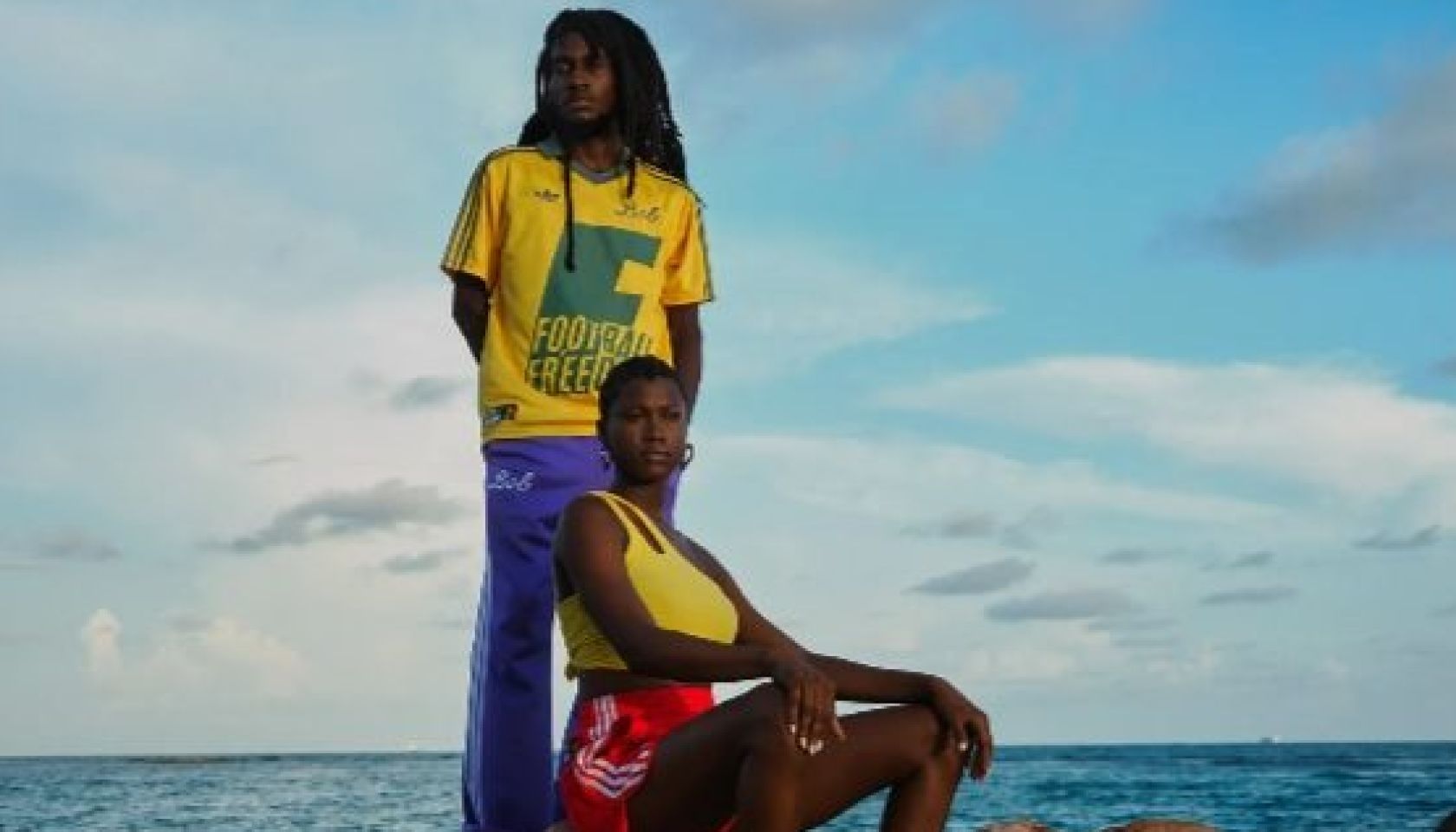'My Brother's Keeper' May Be Obama's Greatest Legacy
COMMENTARY: Obama’s Greatest Legacy: Empowering Young Men of Color
Share the post
Share this link via
Or copy link
President Barack Obama is serious about uplifting Black boys and young men of color. One senior White House advisor told me that Obama wants constant status updates on “My Brother’s Keeper,” – a national initiative designed to empower Black boys and young men of color.
This is not just a mundane government project for Obama, not just another federal spreadsheet. It’s an opportunity for the nation’s first Black president to actually change lives and improve the quality of life for many African-American and Latino boys and young men who have been disenfranchised by a racially-imbalanced society.
The advisor said the President frequently assembles his top aides, asks hard questions about “My Brother’s Keeper,” and expects timely and detailed answers. Obama knows firsthand the challenges facing Black boys, especially since his father was not a part of his life. He knows that boys of color are too often born into poverty and live with a single parent.
Love Black America Web? Get more! Join the Black America Web Newsletter
We care about your data. See our privacy policy.
He knows there are some school districts in Black communities where the school dropout rates remain high. He knows too many of these boys and young men will have run-ins with police and end up revolving through the criminal justice system.
“Earlier this year, I launched something we’re calling “My Brother’s Keeper,” and I think that many of you recall me talking in very personal terms about someone who grew up without a father and made some mistakes when I was young, but benefitted from the love and attention and opportunities that were given to me during the course of growing up, and the fact that we have too many young men of color — Black boys and young men, Latino boys and young men — who are adrift and don’t have those same opportunities and don’t have those same structures of support,” Obama said.
Last week, the Obama administration released a 60-page report outlining a series of critical statistics, personal accounts and guidelines and recommendations for moving “My Brother’s Keeper” forward. As part of its 90-day report, the Task Force identified a set of initial recommendations to the President, and a blueprint for action by government, business, non-profit, philanthropic, faith and community partners. For example, about 25% of Blacks, 27% of American Indian and Alaska natives, and 23% of Hispanics live in poverty compared to just 11.6 percent of Whites.
More than two-thirds of Black children live with one parent compared to one-third of Hispanic children. Moreover, research suggests that a father’s absence increases the risk of his child dropping out of school among Blacks by 75% percent and among Hispanics by 96% respectively.
On a conference call, Valerie Jarrett, White House senior adviser; Cecilia Muñoz, White House director of Domestic Policy; and Broderick Johnson, White House cabinet secretary and chair of the “My Brother’s Keeper” Task Force, discussed the President’s national call to action: Obama is asking Americans to sign up to mentor Black boys and young men of color. Obama announced that former NBA star and entrepreneur Earvin “Magic” Johnson with co-lead a private effort focused on supporting boys and young men of color.
Since the launch of “My Brother’s Keeper,” Jarrett said the President’s Task Force has met with and heard from thousands of Americans, through online and in-person listening sessions. Cities and towns, businesses, foundations, faith leaders and individuals have made commitments to helping youth get a strong start in school and life and later connect them to mentoring, support networks and specialized skills they need to find a good job or go to college.
In developing its recommendations, the Task Force also identified key milestones: Getting a healthy start and entering school ready to learn; reading by third grade; graduating from high school ready for college and career; completing post-secondary education or training; entering the workforce; and keeping kids on track and giving them second chances.
The report also said the following foundations will together seek to invest at least $200 million in “My Brother’s Keeper:” The Annie E. Casey Foundation, The Atlantic Philanthropies, Bloomberg Philanthropies, The California Endowment, The Ford Foundation, The John S. and James L. Knight Foundation, The Open Society Foundations, The Robert Wood Johnson Foundation, The W.K. Kellogg Foundation, The Kapor Center for Social Impact, and the Nathan Cummings Foundation. This initiative is meaningful work that will ultimately touch many lives and help young Black boys and young men of color succeed in life.
“We’ve got a huge number of kids out there who have as much talent, and more talent than I had, but nobody is investing in them,” Obama said at the White House. “And I want to make sure that I use this platform, and every Cabinet member here wants to make sure that they use the tools that they’ve got, so that these young men, young boys, know somebody cares about them, somebody is thinking about them, and that they can succeed, and making America stronger as a consequence.”
For Obama, “My Brother’s Keeper” is an important cornerstone in his legacy as America’s first Black president, but more important, he is laying a lasting foundation to rescue Black boys and young men of color who desperately need direction, guidance — and a genuine sense of hope.
Like BlackAmericaWeb.com on Facebook. Follow us on Twitter.
REGISTER NOW for the 2014 Allstate Tom Joyner Family Reunion taking place August 28- September 1, 2014 in Orlando, Florida! For booking information visit here.









